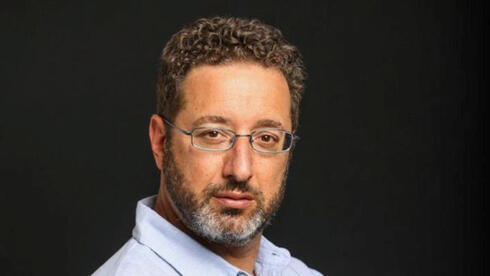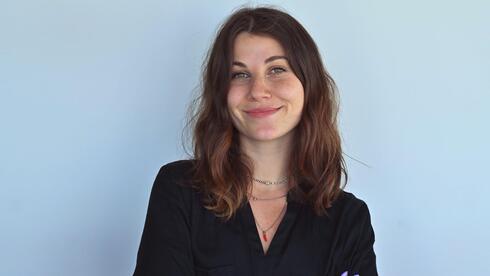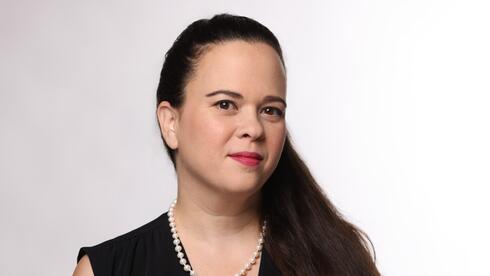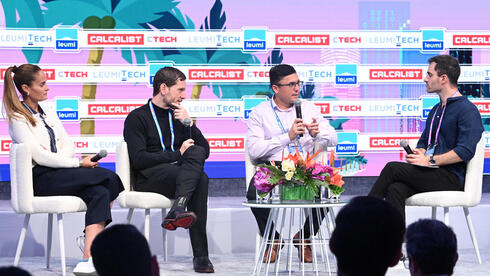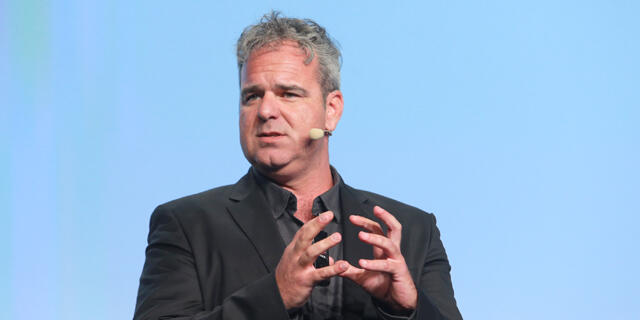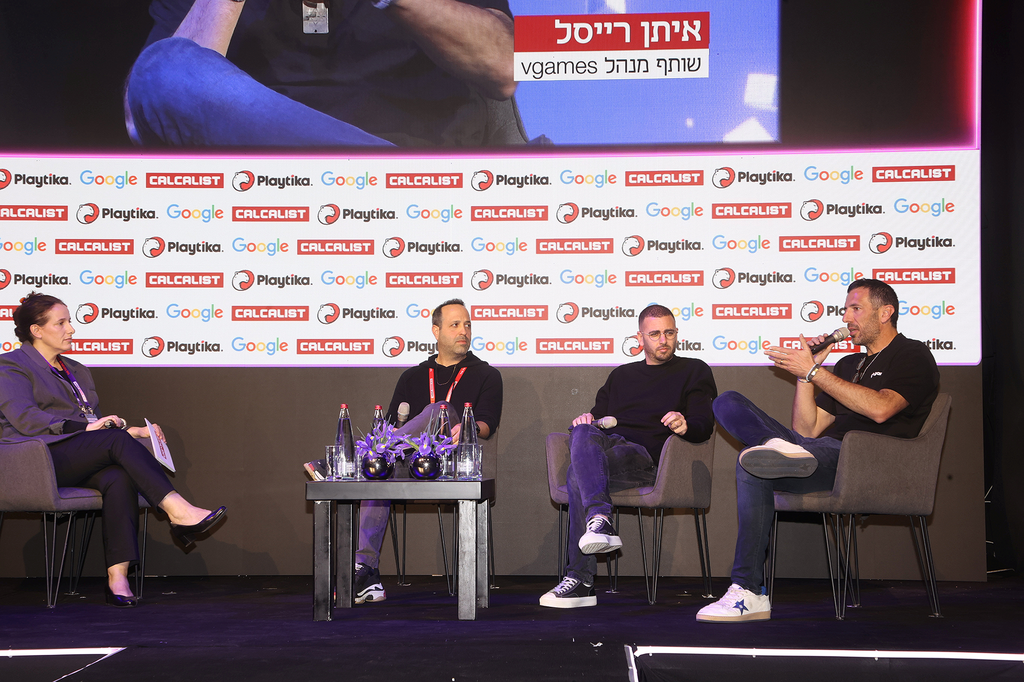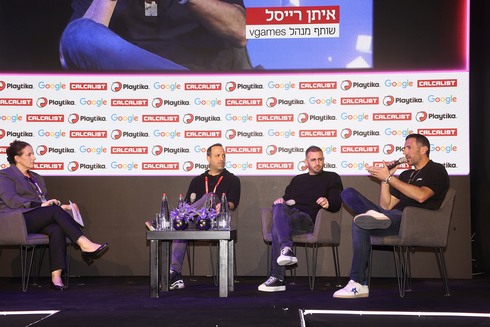
Israel’s gaming industry employs 14,000 workers and makes up 2% of the GDP
Israel’s gaming industry employs 14,000 workers and makes up 2% of the GDP
Eitan Raisel, Managing Partner of Vgames, spoke at Calcalist's Gaming Conference in partnership with Google and Playtika as part of a panel discussion about the current landscape in Israel’s gaming industry.
Eitan Reisel, Founder and Managing Partner at vgames, a venture fund for gaming entrepreneurs, spoke during a panel at Calcalist's Gaming Conference in partnership with Google and Playtika. The panel also included Lior Kenan, Executive VP of Growth at Playtika, and Ore Gilron, Co-Founder and CEO of Innplay Labs, and moderated by Calcalist’s Maayan Cohen-Rosen.
I’d like to address the maturation of the gaming industry. The gaming industry today isn’t where it was 15 years ago. Recently, your firm completed a third funding round. How do you view the industry’s development process?
"In recent years, we’ve been raising funds and constantly looking for investment opportunities," Reisel replied. "It’s an amazing industry, but there’s one issue: there aren’t enough women in it. 60% of our players are women, but female founders are scarce. Some parts of the industry are better suited for investment, while others aren’t."
"The tech industry is the only sector in Israel that pays taxes locally because the companies are highly profitable. Recently, we sold a company. The gaming industry employs 14,000 people, and we estimate there are about 1,000 independent teams. Approximately 2% of Israel’s GDP comes from the gaming industry. In Saudi Arabia, Mohammed bin Salman aims to reach 1%."
Lior Kenan, Executive VP of Growth at Playtika, remarked: "The last two years have brought challenges but also opportunities. Things are always possible. It’s not that the industry is too mature right now; it’s just evolving. You need to know how to adapt to change, embrace it, and move forward."
Ore Gilron, Co-Founder and CEO of Innplay Labs, commented: "In the past, there were a few standout companies in Israel, like Playtika and Moon Active. Today, there are new founders and dozens, if not hundreds, of companies leading us to these numbers."
How has the war impacted the industry?
Lior: "At Platika we’ve also been impacted by the war in Ukraine. Two-thirds of our employees live in war zones. In Israel, we’ve also faced challenges with many employees being called up for reserve duty, so we’ve had to adapt. We prepared well, and this is the reality we live in today."
Eitan: "We heard many 'no's, and we’ll prove to people that they made a mistake. Some of our founders spent eight months in reserve duty, yet these companies have grown exponentially every year. The war isn’t over, there are still hostages and people who need to return home, but we didn’t raise this fund for no reason. While we don’t share much, we recently completed a $50 million fundraising round for an Israeli company."
What, in your opinion, makes a startup attractive for investment in the gaming sector?
Eitan: "You need to be creative, love competition, and embrace hard work. This is the most competitive market in the world. We spend tens of millions on marketing. The foundation is to play. It’s like trying to build a building without understanding construction."
Lior: "Playtika focuses on both investments and acquisitions. Acquisitions play a major role in Playtika’s growth. When it comes to acquisitions, we look for areas where we can add value and drive a significant leap forward. We bring in talent but also identify gaps in companies and help bridge them. We can provide perspectives that VCs don’t always offer and help focus on what’s needed to succeed."
Ore, as a founder, how do you know when it’s the right time to approach buyers, and why Playtika?
Ore: "Luckily, they came to me. We had several interested buyers, but I had no doubt we’d choose Playtika. In the end, it’s about the DNA, the Israeli connection, and being close to home."
Lior: "In Israel, there’s no tolerance for mediocrity."
Ore, you didn’t follow the traditional entrepreneurial path. Can you share your journey?
Ore: "I came to central Israel 12-13 years ago from Eilat. I didn’t even know there was such an industry. I studied computer science at Reichman University, and one of the first people I met in the industry was Eitan. I didn’t know the term at the time, but I was a mobile gamer. After my studies, I worked in monetization and product. Fast forward, and here we are."
Lior, after acquiring a startup, how do you ensure it continues to grow?
Lior: "I currently lead the Growth Division at Playtika, and it’s a challenge. The goal is to let the company continue growing with minimal negative impact. I think we’re succeeding."
Ore: "Playtika is all about growth and acquisitions. Their team gave me the freedom to make choices and set my goals."




